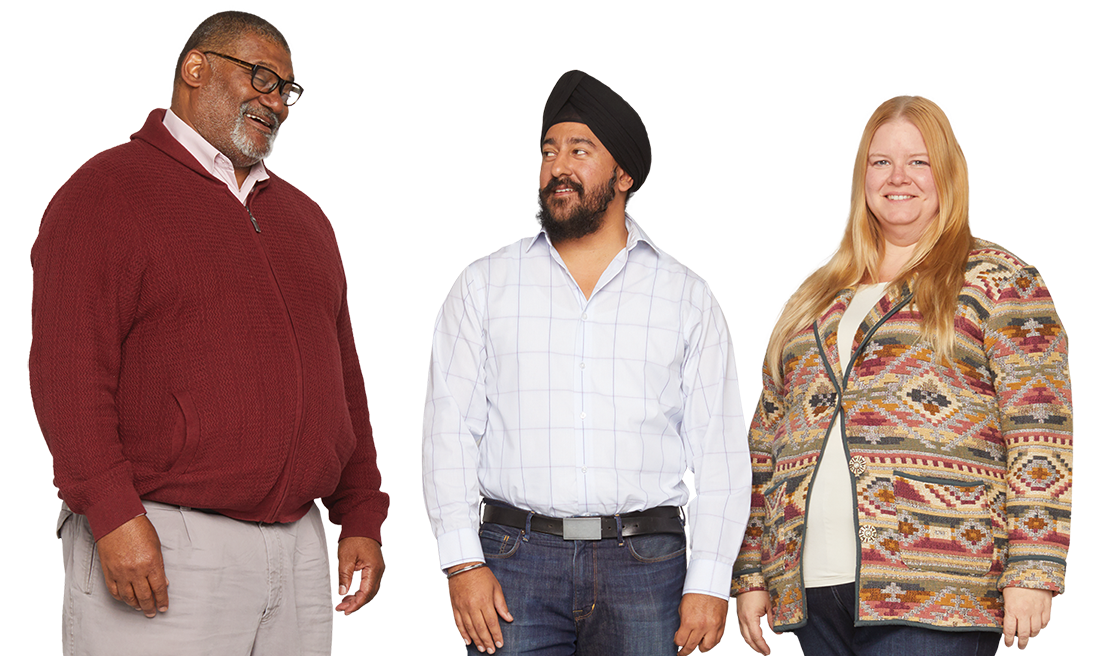
03 Aug Precision communication for precision medicine: How NIH’s ‘All of Us’ is tackling patient recruitment
By Benjamin Ross, Clinical Informatics News
In May, the National Institutes of Health (NIH) launched national open enrollment for their All of Us Research Program, a precision medicine initiative with the ultimate goal of building a national research cohort of one million or more participants in the US.
“Our mission is not just to find one million or more people to volunteer to share medical information with the program,” Dara Richardson-Heron, chief engagement officer of the All of Us Research Program, said during the launch event in New York. “Our mission is to find one million or more people who reflect the rich diversity of our nation, who will not only participate in the program, but partner with us and help us create an opportunity to change health and healthcare for the benefit of everyone.”
With such a daunting goal, the question becomes how the NIH plans on reaching the million?
According to Alyssa Cotler, director of communications and marketing for All of Us, the program understands that if they want to make a difference in terms of what kind of information they gather, they also have to make a difference in their approach to outreach.
“We understand in communications that everybody is going to approach the program with their own lens, so it’s very much not a one-size-fits-all approach to getting the word out,” Cotler told Clinical Informatics News. “Much like this is a precision medicine initiative, it’s a precision communications effort as well.”
One of the primary focuses for All of Us is reaching out to those communities Cotler said have been neglected or overlooked by the clinical research industry.
“When we think about underrepresentation it includes several different demographic characteristics like race and ethnicity,” Cotler said. “But it also includes rural populations, people who have less access to healthcare.”
Simply engaging with people has been largely successful, Cotler said. “What I’ve learned through this program is one of the key reasons that people haven’t participated in research is because, quite frankly, they haven’t been asked. The fact that we’re not only asking people to participate, but also making an effort to focus on asking in a genuine, authentic way is important.”
Though enrollment has been open for only a short while, Cotler says it’s rewarding to see people be given the opportunity to take control of their medical information, regardless of if they participate in the initiative or not.
“If we approach somebody and we provide them with all of the information, particularly if they go through the informed consent process, and they say, ‘This isn’t for me,’ to us that’s still success because that’s still people making the choice for themselves whether they participate or not.”
So far the most successful locations for these interactions have been in the reception areas of hospitals, Cotler said, where community partners will set up exhibit booths and engage with patients or visiting relatives and friends who ask questions and begin the consent process. Read more …



